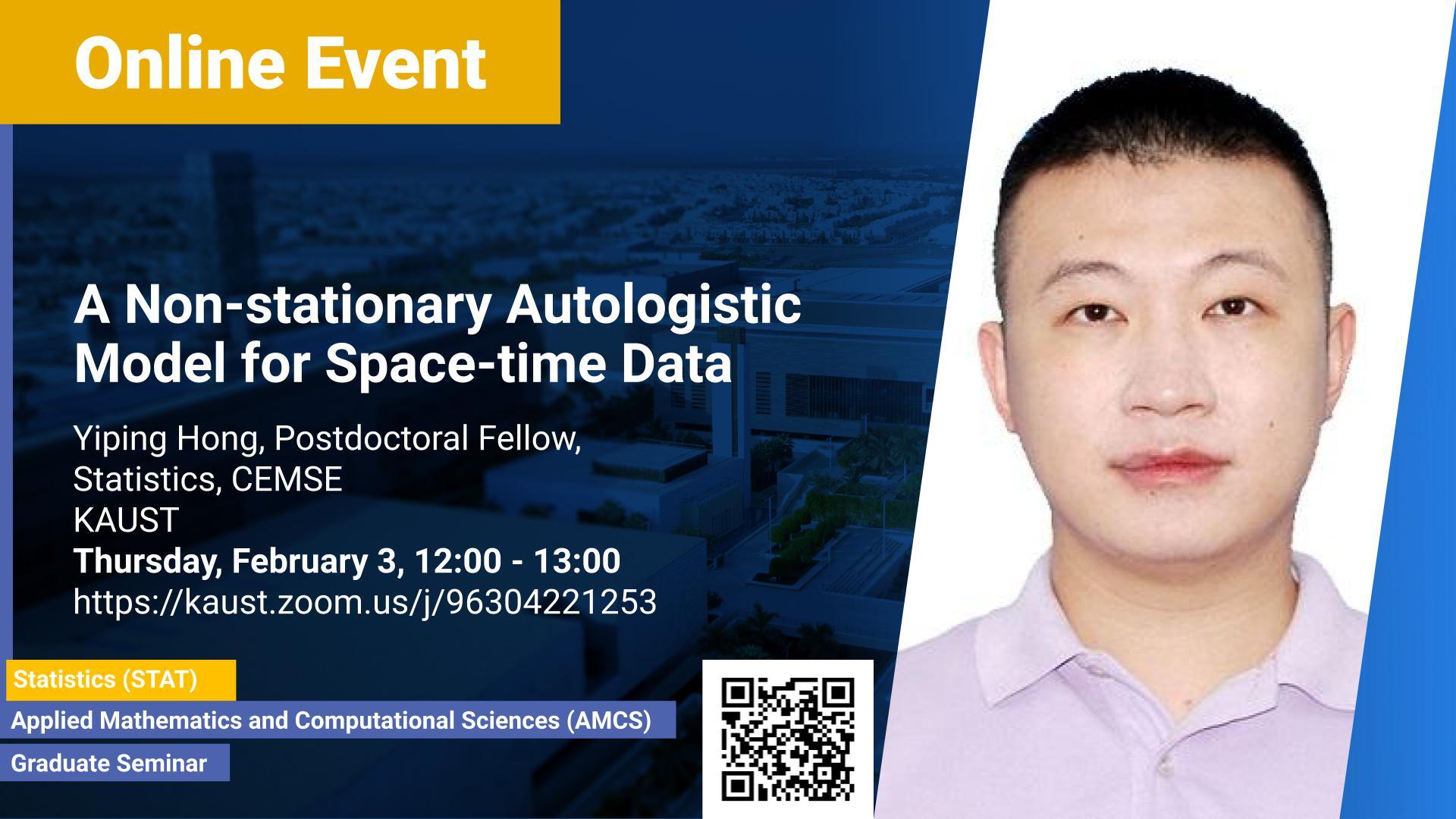Abstract
In many research fields such as meteorology, ecology, and epidemiology, the spatio-temporal datasets are binary, describing the existence of particular species or events. The spatial dependence of the binary observations often exhibits nonstationarity. However, most nonstationary models in the literature are based on Gaussian random fields, which may be computational demanding. We propose a nonstationary spatio-temporal autologistic regression model, which allows the spatial covariances to vary in space. We investigate the spatial and temporal correlation of autologistic models with different coding and centering settings, suggesting the non-centered $\{-1, 1\}$ coding model. We then develop the maximum pseudolikelihood method for parameter estimation, prediction, and model selection. The simulation studies show the superior performance of the proposed methods compared to the commonly-used stationary model. We apply our model to analyze the binary data of the particular matter ($\text{PM}_{2.5}$) significance data from the Community Multiscale Air Quality (CMAQ) simulation results in the continental US. The results describe the nonstationarity in spatial dependence in the continental US and predict the risk probability of $\text{PM}_{2.5}$.
Brief Biography
Yiping Hong is a postdoc working at King Abdullah University of Science and Technology, supervised by Prof. Ying Sun. He received a B.S. degree in Mathematics and Applied Mathematics from Tsinghua University, Beijing, China, in 2014 and a Ph. D. degree in Statistics from Tsinghua University in 2020. His research interest includes spatial and spatio-temporal statistics, computational statistics, large-scale data analysis, categorical data analysis, and network models. His recent publications appear in the Spatial Statistics and the Journal of Multivariate Analysis.
